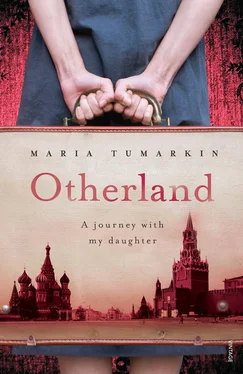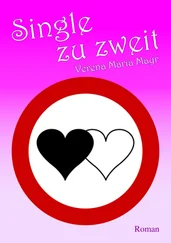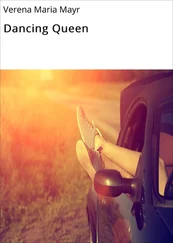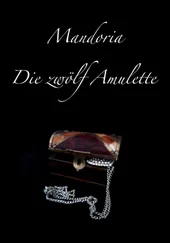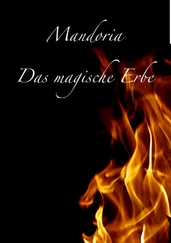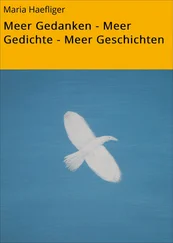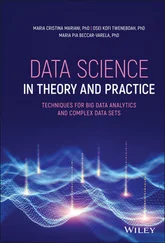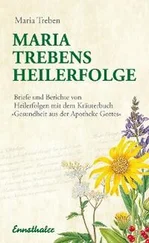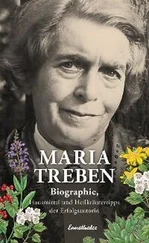Under Gorbachev, the Soviet Union effectively takes a step back and lets the whole Eastern bloc go. And, boy, does it go with a bang, most of its Communist governments ousted swiftly – first in Poland, then in Hungary, Eastern Germany, Czechoslovakia, Bulgaria and, finally, Romania, the only country where the 1989 revolution turns violent. There, in the last days of that year, President Nicolae Ceausescu and his wife, Elena, are summarily executed after a two-hour hearing of an Extraordinary Military Tribunal eerily reminiscent of Stalin’s show trials. Eastern Europe is freeing itself and there are no Soviet tanks rolling through the streets of Warsaw, Prague or Budapest: how is this possible? Surely, just as in 1956 and 1968, all of these uprisings are about to be quashed. But nothing happens, and in a blink of an eye most of the former Iron Curtain countries find themselves entering the pearly gates of post-Communism.
The Soviet Union itself is the last domino to fall. Our ‘unbreakable union of free republics’ still has a year and a half of violent and torturous breaking up ahead of it when my family departs. Don’t believe anyone who tells you today that they knew then that the final curtain was about to come down on the Soviet chapter. No one could have predicted the speed of the unravelling, the acceleration, the whole spectacle of entropy. Glasnost, perestroika (there was a time, I must remind myself, when these words were not limp historical apparitions but bursts of energy and meaning), unprecedented media and electoral freedoms, the publication of banned literature, the opening up of secret archives, the last Soviet troops withdrawn from Afghanistan – all of these in a handful of years, with 1989 as the crescendo.
The irresistible idea that Communism’s self-destruction was a massive jolt produced by a system correcting itself led a host of historians and commentators in the West (not all of them card-carrying anti-Communists, either) to declare 1989 the year that ended the twentieth century and even history itself. They got one thing right: 1989 was completely off the scale. Ogonyok , an independent Soviet journal, declared that even four years earlier the possibility of a UFO landing in the middle of Moscow would have seemed far more realistic than the thought that Pink Floyd, the British music group banned for decades by the Soviet leadership, would ever play the Soviet capital. But in 1989 Pink Floyd did just that. And the whole year was like that: one UFO landing after another.
Václav Havel once described people living under the Communist system as ‘agents of its automatism, as petty instruments of the social auto-totality’. Now, miraculously, that auto-totality was gone. My generation was coming of age just as the world of fanatical rigidity and predictability was suddenly exhibiting unmistakable signs of uncertainty and fluidity. We could inhale deeply the feverishness all around us, recharge off all the adrenaline in the air and know beyond any reasonable doubt that we were going to live in a world vastly different from that of our parents. We had rock music emerging from the deep underground and bringing with it not some disposable, cloned anthems of protest and procreation, but songs of startling originality, fearlessness and lyricism. And we could read all kinds of writers, including, for instance, James Joyce; Joyce who, just a few years before, was the gadfly of Western modernism, a man whose books we would burn if we were not so busy keeping the dream of socialism alive.
In those days, not infrequently, my generation could catch the look of complete astonishment on our parents’ faces – a look caused, more often than not, by what they saw on the television screen. Never before had this screen given our parents the slightest surprise. And now it was showing a Lithuanian walkout from the first-ever Congress of People’s Deputies, outbreaks of ethnic violence in Armenia and Azerbaijan, Soviet troops clashing with pro-independence protesters in the Georgian capital, and people (mainly, it must be acknowledged, balding men but also, increasingly, some women politicians and intellectuals) talking incessantly about reforms and democratic institutions. Censorship did not suddenly disappear, but our country stopped functioning as some kind of Masonic Temple. You couldn’t not see what was going on.
It is with awe and tenderness that I recall the late-night conversations my parents had with their friends in our kitchen. I was not eavesdropping; the door was not properly shut. Besides, they talked loudly, and I suspect they half-wanted me to hear: about Lenin and his top-secret syphilis; about Chernobyl; about the Molotov–Ribbentrop Pact (and what a farce it had been, all those lives it hadn’t saved in World War II); about what was happening now in Georgia, Azerbaijan and, of course, Afghanistan; about privatisation and the ‘real’ motives of Gorbachev. Such conversations were apparently going on all over the country; it was like the lid on a boiling pan had been lifted. And, of course, if the kitchens belonged to Jewish or mixed households then one topic towered over all the others – what do we do now? To leave or not to leave. How many Soviet Jewish families managed to avoid asking themselves just that? Even when they were resolutely on the side of staying, as my parents most definitely were in the beginning, convinced that this was their country and they had no business in the so-called ‘Free World’, glorious though it was, their certainty was undermined as more and more of their friends, relatives and colleagues departed. The slamming of doors started timidly, and within a year or so gradually turned into a cacophony. You woke to it and went to bed with it, knowing that this was a mass exodus the likes of which you had never seen in your life.
Some were going because they believed in their heart of hearts that this country was a concentration camp and no price was too high to escape it. Some wanted to find out what it was like to be a Jew – not an undercover, assimilated, de-clawed Jew of the Soviet make, but a fully-fledged, unashamed and unapologetic Jew of the Western world. Others, like my parents, initially hopeful and emboldened by the reforms, grew increasingly disappointed, eventually pulling the plug, convinced almost against their will that this country could not help but devour all its good sons and daughters. Nothing good was going to happen here, not now and not for a long time to come. My generation, or rather its Jewish component, was growing up with these conversations in our ears, with our parents debating their futures, our futures, behind half-ajar kitchen doors.
I say my generation and then I stop myself. I say my generation , but we are as splintered and scattered as it is possible for a group of people to be. This generation ended up inhabiting such vastly different realities that most of my friends would probably think my bohemian rhapsody to 1989 an expression of idiotic naïveté at best. Those who stayed and lived through the catastrophic early 1990s had to count the cost every day of the collapse of the Soviet Union – unpaid wages, poverty, lost jobs, lawlessness and fear: who among them would be able to hold back their cynicism in revisiting the optimism and the promise of the late 1980s? And those who left and watched from afar the Soviet Union go through all kinds of socio-political convulsions only to turn into Putin’s Russia – a smaller version of the same autocratic, totalitarian, macho, insular State but with open borders and consumer goods on tap for those who can afford them: who among them would be able to see the late 1980s as a moment of unsurpassed historical transformation? So, you can understand that I am going back to the scene of 1989 with some trepidation.
* * *
‘All is clear by now. By the time there is a government that can satisfy us, we will be well and truly gone. By the time laws are written to allow, not to prohibit, we will be well and truly gone. By the time these laws are passed, our children too will be well and truly gone.’
Читать дальше
